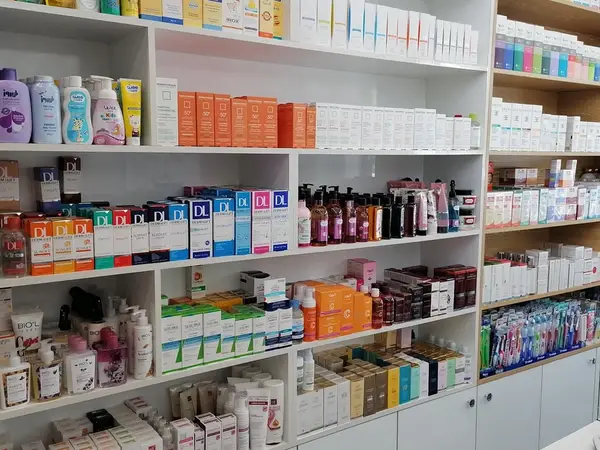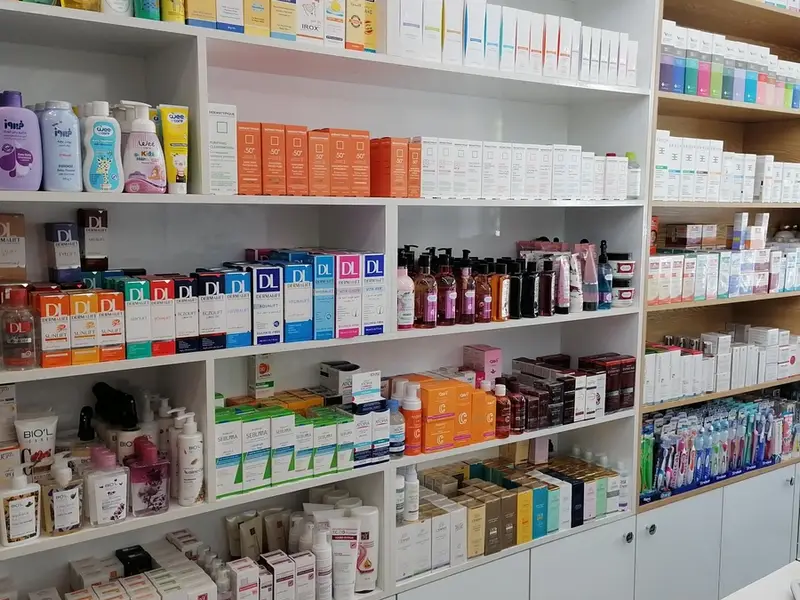The Food and Drug Organization of Iran has reported a shortage of approximately 100 types of essential drugs within the country.
Mohammad Peikanpour, the Director-General of Drugs and Controlled Substances, highlighted the severity of the situation, noting that certain medications are in short supply due to a lack of specific currency allocations.
Peikanpour further addressed the life-threatening challenges in the availability of plasma-derived drugs, including albumin, which comes amidst already dire nursing and doctor shortages.
Mazyar Nourbakhsh, the head of the Commission for Transformation, Innovation, and Productivity at the Tehran Chamber of Commerce, shed light on the currency allocation dilemma in an interview with ILNA News Agency on Tuesday, stating, "If the delay in currency allocation and the clearance issues persist, goods will expire, leading to a loss of functionality."
The pharmaceutical industry in Iran, heavily dependent on the government for hard currency to import raw materials, is grappling with the impact of the shortages. Production of essential medicines has been disrupted, causing widespread concern among pharmaceutical companies. Local media reports indicate that various common medicines and drugs crucial for hospitals are now scarce or entirely unavailable.
The economic challenges faced by Iran, exacerbated by US oil sanctions, have strained the government's ability to allocate foreign currencies. Despite an increase in oil exports in recent months, reaching nearly six times the 2019 levels at approximately 1.5 million barrels per day, the Iranian rial is near an all-time low.
With inflation soaring above 60 percent, the country is facing a complex economic situation that is directly affecting the healthcare sector and the well-being of its citizens.

